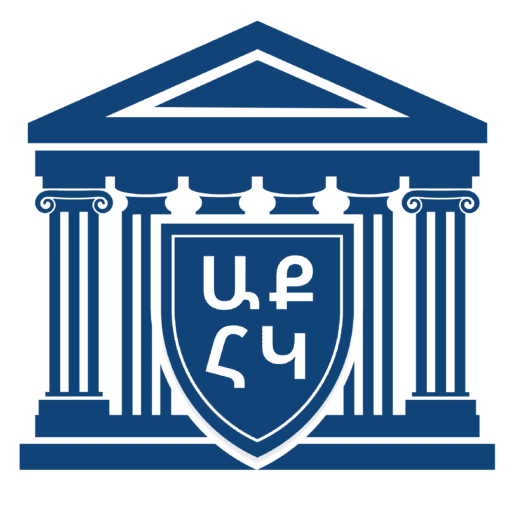In a special episode of the “Dilemma” podcast dedicated to security issues, Ruben Mehrabyan, an expert at the Armenian Institute of International and Security Affairs, Robert Gevondyan, an expert at the Research Center on Security Policy, and Areg Kochinyan, the Center’s Director, analyze the following questions:
- Why did the Russia-Ukraine war begin?
- What logic guides Russia’s geopolitical and regional actions?
- What steps have been taken to ensure the regime’s self-preservation and continuity?
- What is the algorithm for imperial restoration ingrained in the institutional memory of the Russian state?
- How is the post-colonial crisis manifesting?
- How do these dynamics impact Armenia?
Robert Ghevondyan
“In the Artsakh war, the world allowed a shift in the post-World War II norm of not solving issues through force. As a result, two years later, Russia concluded that if Azerbaijan was permitted to act in such a manner, then it could apply the same approach.”
Ruben Mehrabyan
“As long as the ‘Master of the Kremlin’ breathes, he will continue his separate hybrid war against the Republic of Armenia. If we fail to recognize and document this, then all other discussions are meaningless.”
Areg Kochinyan
“What is happening between Russia and its neighboring states (once part of the Russian Empire) is within the classic logic of a post-colonial crisis.”


